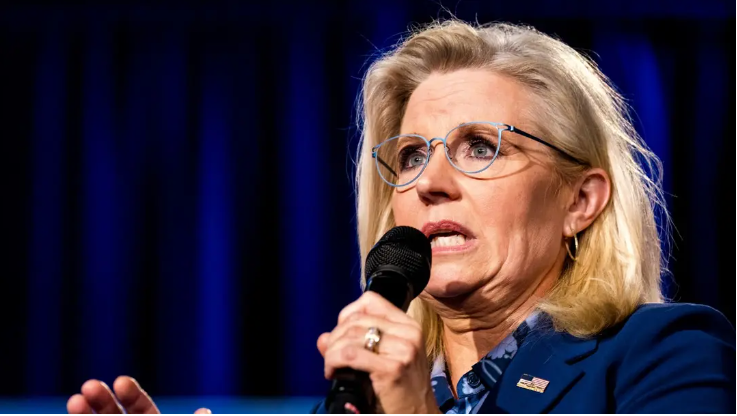Court Upholds Law Requiring Sale or Ban of TikTok
A US federal appeals court unanimously upheld a law requiring Chinese-owned company ByteDance to sell TikTok or face a US ban by Jan. 19, rejecting the company's constitutional challenge....
0:00
/1861
Facts
- A US federal appeals court unanimously upheld a law requiring Chinese-owned company ByteDance to sell TikTok or face a US ban by Jan. 19, rejecting the company's constitutional challenge.[1][2]
- The three-judge panel ruled that Congress and the president acted within their authority to protect national security from alleged foreign threats, determining the law does not violate First Amendment protections.[3][4]
- The law affects approximately 170M American TikTok users and would prevent app stores from offering TikTok downloads or updates if ByteDance fails to divest its ownership.[5][6]
- Pres. Joe Biden can grant a one-time 90-day extension if 'significant progress' toward a sale is shown. While China has long maintained that the app would not be sold, analysts have reportedly said that Beijing will use the sale as leverage for trade talks with the incoming Trump administration.[5][2]
- The Chinese government has opposed forced divestiture of TikTok and previously vowed to block the sale of its algorithm, which is central to the app's functionality.[3][1]
- Pres.-elect Donald Trump, who previously attempted to ban TikTok in 2020, expressed opposition to the ban during his campaign. TikTok is now expected to appeal the case to the Supreme Court.[7][3]
Sources: [1]CBS, [2]FOX News, [3]Wsj, [4]New York Times, [5]NPR Online News, [6]New York Post and [7]BNN Bloomberg.
Narratives
- Pro-establishment narrative, as provided by Congressman Steve Scalise. The court’s decision reflects a commonsense approach to addressing the national security concerns posed by Chinese control over Americans' data. By mandating TikTok's sale to an American company, users can continue enjoying the app without disruption while ensuring their privacy is safeguarded. This approach protects personal data and ensures the app remains available, striking a balance between security and user experience.
- Establishment-critical narrative, as provided by Substack. Federal courts are supposed to uphold the Constitution, not aid in its erosion. This ban disguises a dangerous overreach under the guise of national security, cloaking broad censorship powers in vague terms that invite abuse and the suppression of dissent. Much like post-9/11 expansions, it threatens free speech, allowing any app to be shut down by presidential decree. Data security must not come at the expense of constitutional freedoms.







